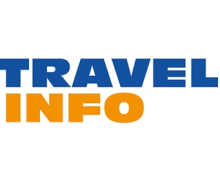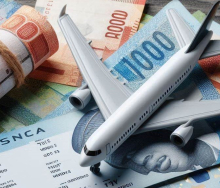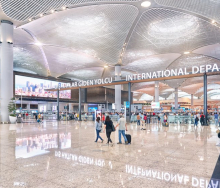Agents are being threatened with ADMs if their clients enact chargebacks to obtain refunds on transactions that airlines are refusing to pay out. This is despite CPA legislation that it is unlawful to refuse to offer a refund for undelivered services, and also despite the fact that the client’s behaviour is beyond any agent’s control. What has emerged is that there is a lack of clarity on where the law stands when the services may not be delivered due to government-imposed regulations.
Locally, SAA is one of several airlines that have issued statements advising that they will no longer be processing refunds and that any chargebacks initiated against transactions will result in ADMs being issued to agents.
“Please refrain from initiating chargebacks with the banks and advise your clients as well. A chargeback is where you or the client requests the money back from the bank. If a chargeback is raised, a subsequent ADM will be issued to your agency. This is time-consuming and unnecessary, and increases our SAA chargeback score rating at our respective banks,” stated SAA in a recent travel agent advisory notice.
A statement issued by Bidvest Bank through Satsa earlier this month says if a Visa or MasterCard merchant has not provided a service due to a government-imposed prohibition, the cardholder does not have a dispute right, because government regulation and/or law supersedes Visa or MasterCard rules on dispute rights. Bidvest Bank adds that the expectation from Visa and MasterCard is that cardholders work directly with the merchant to resolve their issues before initiating a dispute with their issuer.
Asata has taken the matter up with Iata, arguing that airlines are avoiding responsibility through these actions, which are in direct contravention of South African consumer protection law, which provides consumers with the right to a cash refund in the event that a service can no longer be rendered due to circumstances beyond their control.
Ceo of Asata, Otto de Vries, says COVID-19 is putting contract law and the Consumer Protection Act to the test in ways that legislators never imagined. This means that there are different interpretations out there and no rule book to play by. Asata has prepared a comprehensive guideline for agents on how to handle cancellations and refunds, available on its Coronavirus microsite. Otto says a number of variables can have an impact on what rights the consumer has. These include whether the client is a consumer or not; the reason for the cancellation (was there a travel ban, was the client sick or was the client nervous about travelling?); whether the travel service provider is in South Africa or not; who the consumer contracted with (the agent or the travel service provider); and what the contract terms and conditions included. He adds that Asata is also engaging with government and has asked them to urgently provide more clarity on this issue.
Coo of Satsa, Hannelie du Toit, told eTNW that Satsa had agreed that there was a general lack of clarity on how policies were to be interpreted in light of the current crisis situation.
“We hope that clarity will be received soon and that an amicable solution between airlines, agents and cardholders can be reached before this matter ends up in court,” she added.
Commercial officer of SAA, Philip Saunders, said to eTNW: “We are offering a very generous credit scheme to customers, which enables them to use the value of their unflown tickets for travel on any route up until March 25, 2022, and a name change is also possible. This is one of the most generous schemes offered by any airline in the world. SAA believes this to be in the interest of consumers, as it is in their interest that viable airlines are still able to operate post-crisis.”















